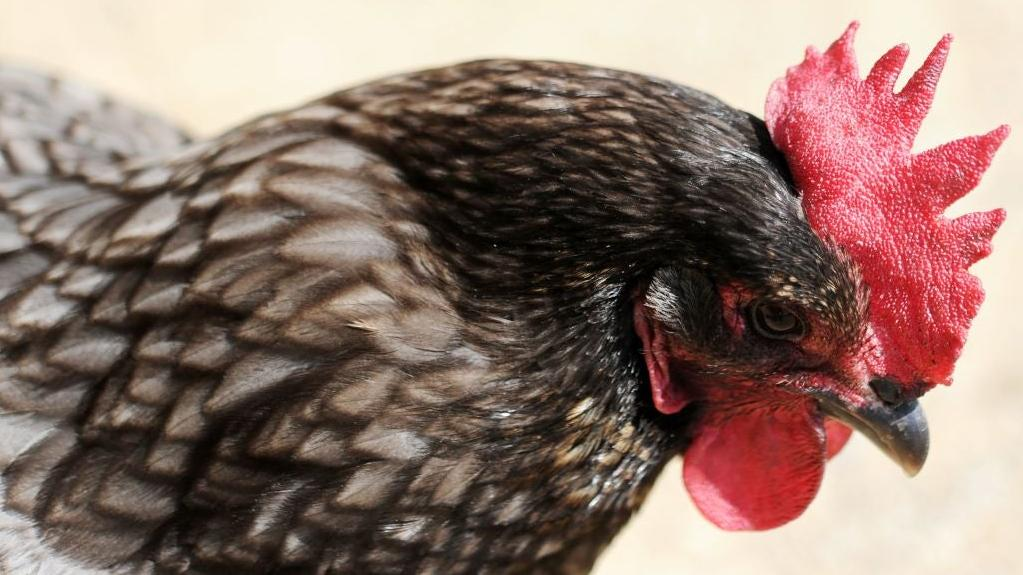You Can Thank Impotent Roosters For America's Chicken Shortage
America is facing another shortage, but this time it has nothing to do with killer viruses or big-ass boats getting lodged in canals. No, this time the problem involves the sluggish sperm of roosters, which are doing a better job screwing Tyson Foods than any hens.
In an earnings call with investors this week, Tyson executives explained that even though demand is soaring, the world's largest chicken producer is struggling to keep up with demand because it can't stop getting slammed by acts of god. First there was the coronavirus, which, according to Chief Operations Officer Donnie King, caused "production inefficiencies"; last year the virus spread like wildfire through Tyson's processing plants, infecting more than 12,000 employees and resulting in dozens of deaths. (It was also revealed this week that one-third of all workplace COVID infections in Arkansas were Tyson employees.) Tyson's chicken supply was also seriously affected by Winter Storm Uri, which shut down facilities across Texas and the Southeast, causing a ripple effect across the supply chain that, said King, effectively shut down the entire company for a week.
But production interruptions aren't the only cause of the current chicken crunch. There has also been an "unexpected decline" in the number of birds to be butchered, because Tyson's roosters haven't exactly been the virile love machines executives hoped.
Last year, Tyson replaced its old roosters with new and improved birds that were supposed to make millions of better-tasting babies. Alas, the roosters weren't the cocks of the walk that Tyson anticipated, producing fewer eggs with lower hatch rates than their predecessors.
"We're changing out the male that quite frankly we made a bad decision on," said King. Tyson has gone crawling back to the less-delicious chickens; it's unclear what they've decided to do with the disappointing roosters and their underperforming sperm. The company believes that it will be chock full o' chickens again by mid-2022. Let's just hope god doesn't send frogs, locusts, or fire tornadoes its way.
